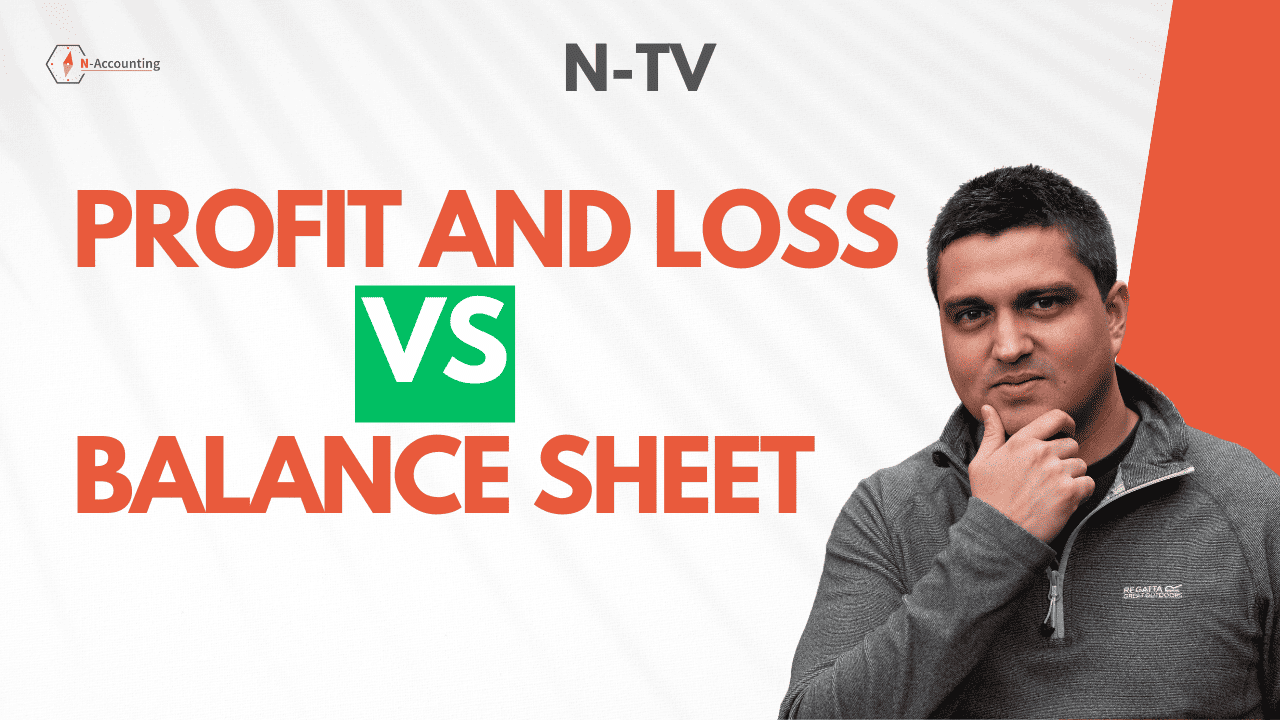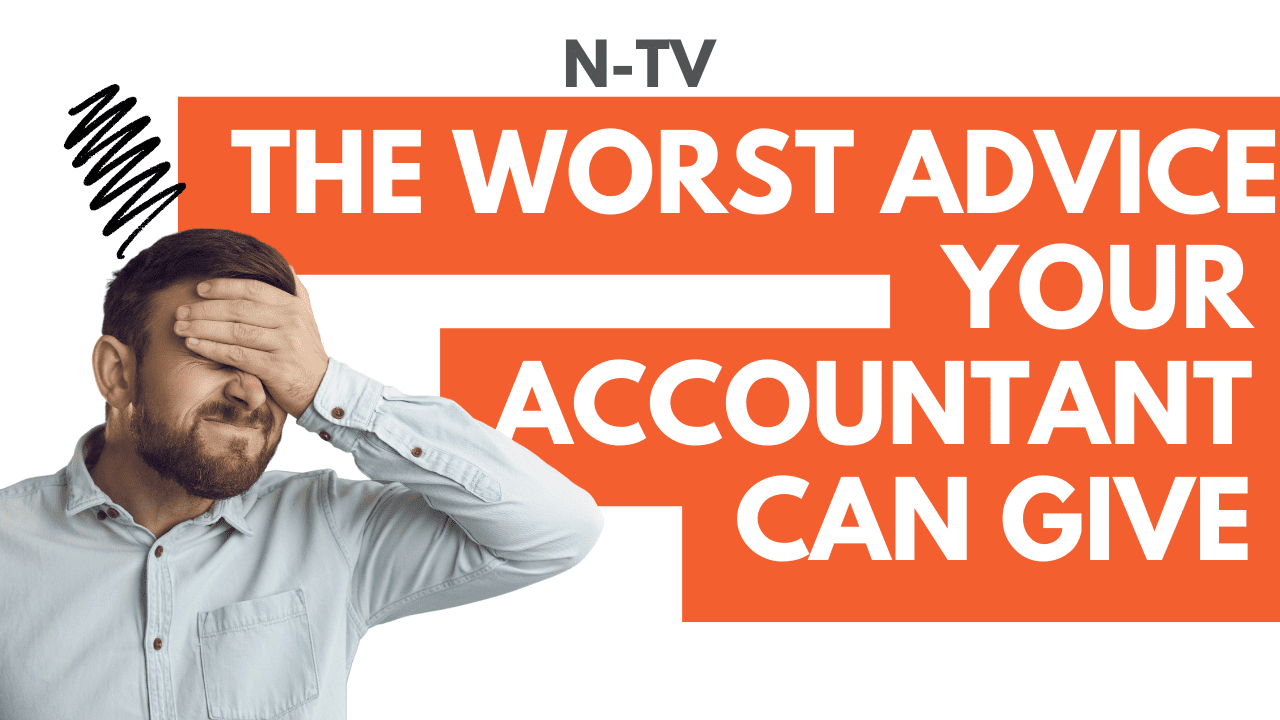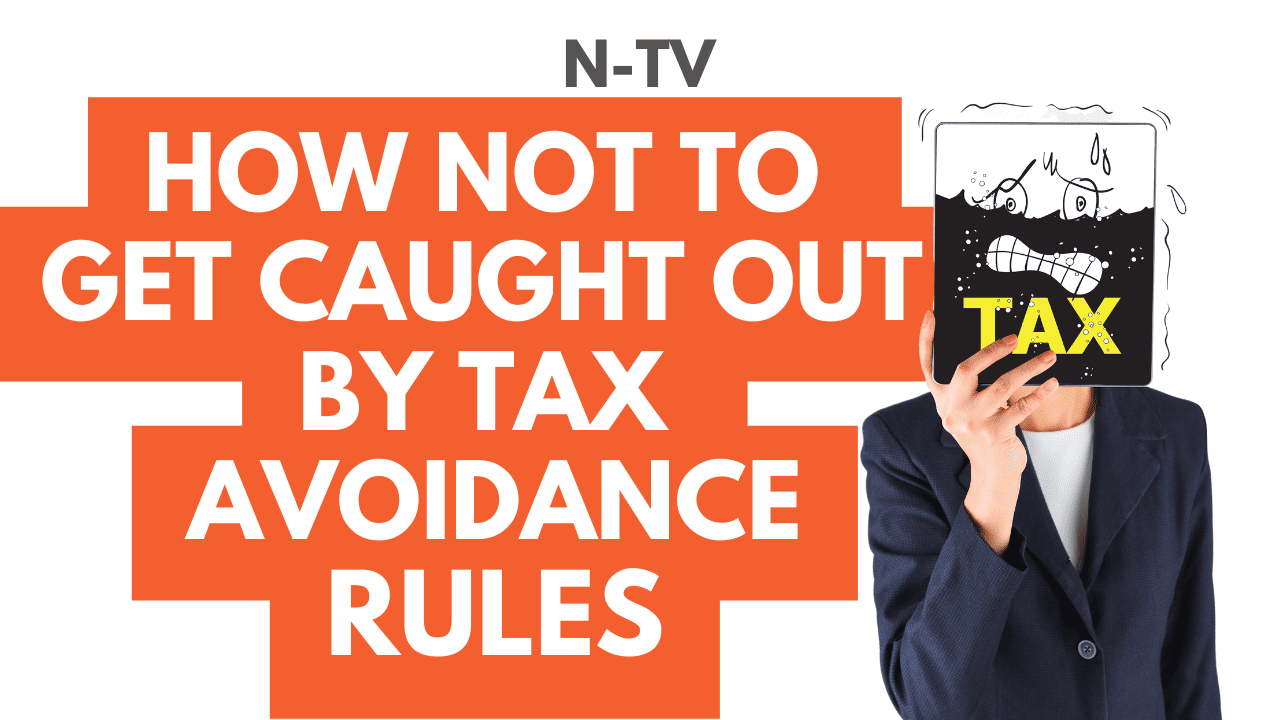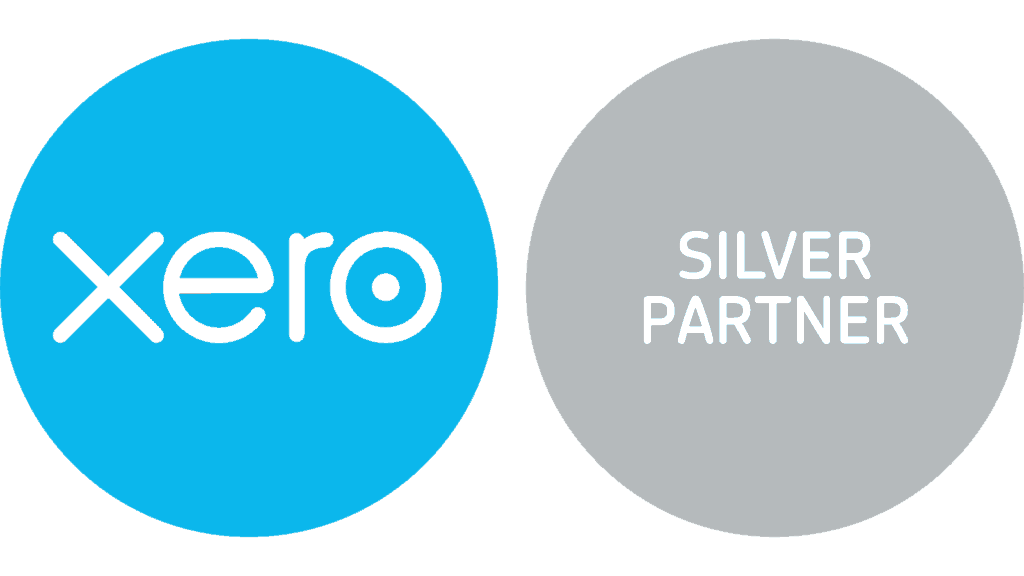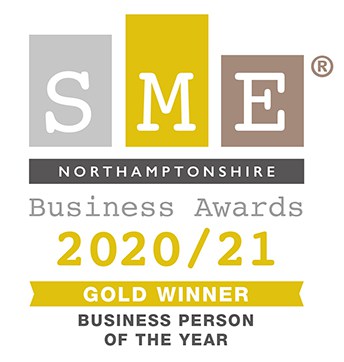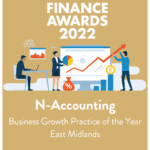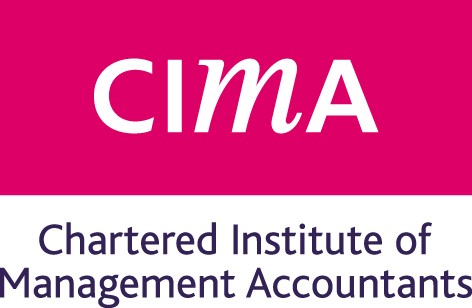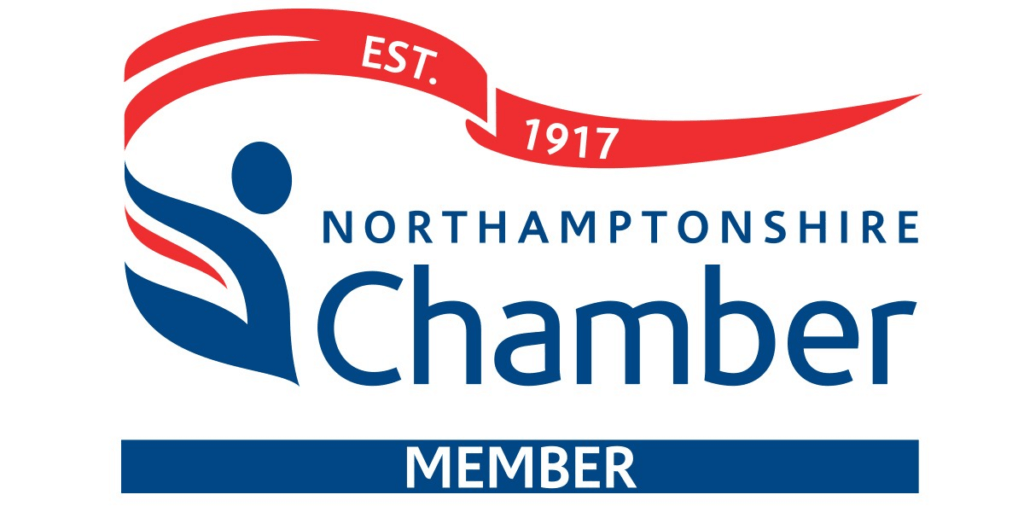Contents
Defining a chartered management accountant
The value of a chartered management accountant for small businesses
Finding the right chartered management accountant for your small business
Read-world examples of chartered management accountant supporting small businesses
Other accounting qualifications in the UK
As a small business owner, deciphering complex financial data can be daunting. Enter the Chartered Institute of Management Accountants (CIMA)—a unique specialist designed to turn those numbers into actionable business strategies. This article answers the pressing question: What is a Chartered Management Accountant and why every small business needs one? Here, we’ll discuss their role, the value they add and, crucially, how they can be pivotal in driving your small business forward.
Key Takeaways
Chartered Management Accountants (CIMAs) specialise in blending accounting expertise with business management skills to aid in strategic planning and decision-making, unlike traditional accountants who focus on compliance and reporting.
Small businesses can benefit from CIMAs through financial insight for sound decision-making, strategic planning, cost management, and gaining competitive edge, acting as partners rather than just accountants.
Finding the right CIMA involves checking qualifications, networking for recommendations, and assessing their fit for your business. They can assist with reducing costs, improving efficiency, and guiding strategic growth and expansion.
Defining a Chartered Management Accountant

A Chartered Management Accountant is a special breed of accountant. They not only hold a professional qualification in management accounting, recognised by institutions like the Chartered Institute of Management Accountants (CIMA), but they also bring a unique skill set to the table. They fuse their accounting expertise with business management skills to prepare, develop, and analyse financial information for organisational decision-making.
What sets them apart from other accountants, you ask? Well, the answer lies in their role. Unlike traditional accountants who focus on basic accountancy services, Chartered Management Accountants:
Contribute to business strategy and decision support
Have a bird’s eye view of the business accounting landscape
Are instrumental in shaping the future of the organisation
Professional Accounting Body
The Chartered Institute of Management Accountants (CIMA) plays a pivotal role in regulating and supporting management accountants. It offers the coveted CGMA designation (Chartered Global Management Accountant), a recognition of talented and committed management accountants globally. With two grades of full membership, Associate (ACMA) and Fellow (FCMA), based on qualifications and experience, CIMA represents a ladder of professional growth.
But the perks don’t end there. CIMA members also benefit from strategic alliances, such as AICPA CIMA, which provide a range of professional resources and support, including continuing professional development. To sum it up, being part of this professional accounting body is not just about a designation, it’s about being part of a global network of finance professionals dedicated to upholding the highest standards of professionalism in management accounting.
Management Accounting vs. Financial Accounting
At first glance, management accounting and financial accounting might seem like two sides of the same coin. But dig a little deeper, and you’ll find a world of difference. Management accountants, for instance, provide businesses with real-time financial data, like sales revenue and cost of goods sold. This data is critical for trend analysis and forecasting in strategic planning.
In contrast, financial accounting focuses more on historical financial transactions and is more about compliance and reporting. Management accounting, on the other hand, is all about looking forward and using financial data to make strategic business decisions. It’s about guiding the ship, not just keeping it afloat.
The Value of a Chartered Management Accountant for Small Businesses

So, how does a small business benefit from a Chartered Management Accountant? Well, in more ways than you might think. These professionals furnish financial insights essential for sound decision-making, which is crucial for small business owners to avoid detrimental mistakes. Their high-quality professional business advice is instrumental in strategic planning and maintaining a competitive edge.
Moreover, they offer transparency into business costs, aiding small businesses in identifying inefficiencies and areas where expenses can be optimised for better financial health. In essence, a Chartered Management Accountant acts as a strategic partner, helping small businesses navigate the financial seas and reach their destination of success.
Strategic Planning and Decision-Making

When it comes to strategic planning and decision-making, Chartered Management Accountants are the secret weapon for small businesses. They:
Analyse costs of business activities
Enable strategic resource allocation for small business owners
Devise strategic plans that promote sustainable growth and market competitiveness
With an understanding of financial matters, they help small businesses make informed decisions and achieve their goals.
But the role of a management accountant doesn’t stop at planning. They assist in modifying business strategies to adapt to market changes, fostering sustainable business growth. They compile strategies to reduce costs and secure finance for projects that align with a business’s strategic direction. In essence, they support small businesses to chart realistic financial paths towards their objectives, ensuring clarity in goal pursuit.
Cost Management and Profitability Analysis

In the world of small business, every penny counts. That’s where a Chartered Management Accountant comes in. They perform cost analysis to pinpoint where expenses can be cut, thereby improving business efficiency. They analyse fixed and variable expenses to help small businesses manage costs effectively and set competitive prices.
Moreover, management accountants:
Assess operations and performance for the management and reduction of operational and production costs
Conduct detailed analysis of product or service profitability to inform strategic decisions
Help you see where your money is going and how to make it work harder for you
Performance Measurement and Reporting

Performance measurement and reporting is another area where Chartered Management Accountants shine. They are instrumental in providing financial reports which facilitate business strategy and decision-making. They present financial data to senior management teams to inform and influence business strategy and decisions.
Through management accounts, small businesses can track Key Performance Indicators (KPIs), gauge performance against objectives, and implement improvements. By offering a comprehensive view of a business’s financial health, management accountants assist small businesses in reallocating resources to boost operational efficiency. Essentially, they help you see the bigger picture and make informed decisions to drive your business forward, taking into account the various factors affecting your operations.
Finding the Right Chartered Management Accountant for Your Small Business
Knowing the value of a Chartered Management Accountant is one thing, but finding the right one for your small business is another. Networking with other small business owners can provide trusted recommendations for accountants with a proven track record. Conducting internet research to investigate the backgrounds and client testimonials of potential accountants can also prove to be an effective approach.
Moreover, utilising professional directories, like the American Institute of CPAs and the National Association of State Boards of Accountancy, can be instrumental in locating qualified management accountants. Remember, the selection of a qualified management accountant is crucial for your small business’s financial guidance and strategic planning.
Assessing Qualifications and Experience
Once you have a few potential Chartered Management Accountants in mind, it’s time to evaluate their qualifications and experience. Chartered Management Accountants receive rigorous training and accumulate qualifying hours, providing them with extensive experience and expertise needed to offer comprehensive financial services. Creating a list of the immediate and mid-term accounting needs of your business is a critical step in the selection process.
When evaluating their qualifications, assess their experience with similar small businesses and their willingness to handle sensitive information. Remember, you’re not just hiring an accountant, you’re bringing on a strategic partner who will have access to your business’s financial inner workings.
Interviewing and Hiring Tips
Once you’ve shortlisted potential candidates, it’s time for the interviews. Interviewing both independent accountants and accounting firms offers valuable insights into various working styles, helping to identify the better fit for your business. Pay attention to their communication methods to ensure effective information exchange.
Evaluating an accountant’s ability to represent your business during audits is a key consideration before hiring. Consistency in working with the same individual is an important factor when choosing between an independent accountant and an accounting firm. After all, you’re not just hiring an accountant, you’re forming a partnership that could shape the future of your business.
Real-World Examples of Chartered Management Accountants Supporting Small Businesses
Now that we know what a Chartered Management Accountant does and how to find one, let’s look at some real-world examples of how they have supported small businesses. Take, for instance, the accountant who implemented a cost-control system for a small manufacturing business that reduced waste by 15%. Or the one who guided a technology start-up through a successful market expansion which increased its customer base by 35%.
These examples illustrate the tangible impact that a Chartered Management Accountant can have on a small business. Some of the benefits they can provide include:
Cost reduction
Efficiency improvements
Strategic growth and expansion
Valuable insights and guidance
With the help of a Chartered Management Accountant, small businesses can achieve real business success.
Cost Reduction and Efficiency Improvements
Let’s delve a little deeper into how Chartered Management Accountants help small businesses reduce costs and improve efficiency. These professionals apply their acumen in business and financial management to:
Analyse and interpret financial data to uncover areas of excessive expenditure
Conduct a thorough analysis of the business’s supply chain
Identify less expensive suppliers and negotiate better terms, leading to direct cost savings
Operational adjustments, such as streamlining business processes and implementing more efficient systems, are also proposed by management accountants to cut unnecessary expenses. These cost reduction strategies not only save money directly but also improve the overall efficiency of the business, contributing to a healthier bottom line.
Strategic Growth and Expansion
When it comes to strategic growth and expansion, Chartered Management Accountants truly shine. Consider the example of the accountant who devised a comprehensive strategic plan for a small business to enter new markets, which included detailed financial projections and risk assessments. The accountant conducted extensive market analyses to pinpoint new business opportunities and optimal market entry strategies.
The management accountant also played a key role in the financial structuring and negotiation of new joint venture partnerships that were central to the market expansion efforts. This hands-on approach and strategic guidance provided by the management accountant resulted in a successful and profitable expansion into new markets for the small business.
Other Accounting Qualifications in the UK
While Chartered Management Accountants play a unique and crucial role, it’s worth noting that there are other accounting qualifications available in the UK, each with its own focus and expertise. These include:
Let’s take a brief look at each of these professional qualifications and what they offer to individuals seeking a career in the accounting profession.
AAT
The Association of Accounting Technicians (AAT) offers a range of accounting, bookkeeping, and business skills qualifications tailored to various career stages and goals. AAT qualifications are recognised internationally and provide practical technical skills essential for the accounting profession.
Students can enter AAT accounting qualifications at different levels, starting at Level 2 for entry-level roles or at Level 3 if they have relevant experience. The flexibility of study modes and various funding options make AAT a popular choice for aspiring accountants.
ACCA
The ACCA qualification is a leading international accountancy qualification. It requires completion of up to 13 exams, an ethics and professional skills module, and three years of practical work experience. ACCA is renowned for its rigorous curriculum and comprehensive coverage of topics, making it a highly respected qualification in the financial world.
ICAEW
The Institute of Chartered Accountants in England and Wales (ICAEW) is another esteemed professional body in the UK. It offers the ACA qualification, which is recognised globally and provides a solid foundation for a career in finance and business.
ICAEW accountants are known for their high professional standards and commitment to ethical practice.
CIOT
The Chartered Institute of Taxation (CIOT) offers the premier qualification for professionals involved with tax compliance and planning. Chartered Tax Advisers (CTA’s) are recognised for their expertise in taxation, and their in-depth knowledge can be invaluable for businesses navigating the complex landscape of tax laws and regulations.
Summary
Our journey through the world of Chartered Management Accountants has provided us with insights into their role, their unique blend of accounting expertise and business acumen, and the value they bring to small businesses. We’ve explored how they contribute to strategic planning, cost management, performance measurement, and more. We’ve also seen real-world examples of their impact and discussed how to find the right one for your small business.
In conclusion, a Chartered Management Accountant is more than just a number cruncher. They are strategic partners who can steer your business towards financial health and success. Whether you’re a small business owner looking to grow your business or someone considering a career in management accounting, we hope this blog post has been informative and inspiring.
Frequently Asked Questions
What is a Chartered Management Accountant?
A Chartered Management Accountant is a professional with a blend of accounting and business management skills, focusing on financial information for organisational decision-making. They are acknowledged by institutions such as the Chartered Institute of Management Accountants (CIMA).
How does a Chartered Management Accountant differ from a financial accountant?
A Chartered Management Accountant differs from a financial accountant in that they provide real-time financial data for trend analysis, forecasting, and strategic decision-making, while financial accountants focus on historical financial transactions and compliance. This means that management accountants are more focused on providing up-to-date financial information for decision-making, while financial accountants are more concerned with compliance and historical transactions.
How can a Chartered Management Accountant benefit a small business?
Hiring a Chartered Management Accountant for your small business can bring valuable financial insights, professional business advice, and help optimise expenses for better financial health. This can lead to improved decision-making and strategic planning, ultimately benefiting your business.
How can a small business find the right Chartered Management Accountant?
To find the right Chartered Management Accountant for your small business, network with other business owners, conduct internet research, and utilise professional directories like the American Institute of CPAs and the National Association of State Boards of Accountancy. Good luck!
What are some other accounting qualifications in the UK?
In the UK, you can consider pursuing the AAT, ACCA, ICAEW, or CTA qualifications for accounting. Each of these certifications offers a unique path for your accounting career.









